3 SEO Myths You Need to Forget
Search engine optimisation is one of those topics that divide people. Many believe it's an essential digital marketing service. Others feel it's a highly fickle, hit-and-miss strategy. Some don't believe it even exists.
One of the reasons why opinions vary so much is the fact that SEO is always changing. Google updates its algorithm as much as 500 times per year; even if many of these changes are insignificant, there are enough major algorithm updates each year to turn the industry on its head. Many SEO myths are also purported by rogue agencies that either don't understand SEO or are out to rip people off.
So what are some of the biggest SEO myths in circulation?
1. The more content you create and post the better.
Yes, Google loves in depth and informative content. Yes, many SEO companies seek to increase the amount of content they cram onto a client's website. Yes, an active blog page with regular posts can help your SEO strategy.
This doesn't mean that the more content you post, the better you will rank.
Quality is critical. A smaller amount of high quality, relevant content is a much better option than spamming your site with lengthy pages that essentially say nothing. Google generally knows when you're faking it; content needs to provide value.
It's also important to note that when it comes to content, user experience still prevails over SEO requirements. Your content needs to address the needs of the user; they should to be able to find what they're looking for.
2. The more backlinks you generate the better.
Lots of backlinks are great for SEO – providing they are pointing from high quality, relevant sites and appear natural. Google doesn't look favourably upon poor quality links; if you missed the memo, buying links or acquiring large volumes of spammy links to irrelevant sites is out.
In 2016, you need to earn links.
Contact site curators and ask if you can guest post on their site. Reach out to industry influencers and see if there's a spare spot on their resource page. Lots of links will help you rank – but you need to ensure they are the right kind of link, otherwise Google will come knocking.
3. A number one ranking is everything.
Holding that coveted first position in the search engine results pages (SERPs) is great for business. Your brand is being placed in front of those who are directly looking for the services that you offer. Your website traffic will increase, followed by your leads and sales.
Except this isn't always the case.
A high SERP ranking is only useful if you are ranking for the right keywords. If you are ranking for keywords that aren't really relevant to your service, then you're attracting the wrong people to your page. Sure they might land on your site, but they'll leave just as quickly. Some keywords, although easy to rank for, only generate a very low search volume that isn't overly useful in a business sense.
Ultimately, it comes down to the right keyword selection. You need to choose keywords that effectively target your niche – only then is a high SERP worth anything.
There are many people in the digital marketing industry who will tell you "SEO is dead!" This is yet another myth. SEO circa 2012 is dead; modern SEO is alive and well!

